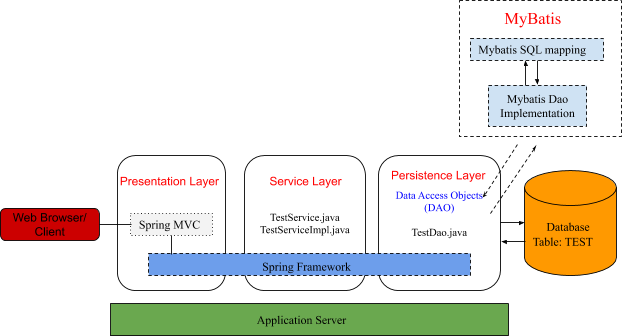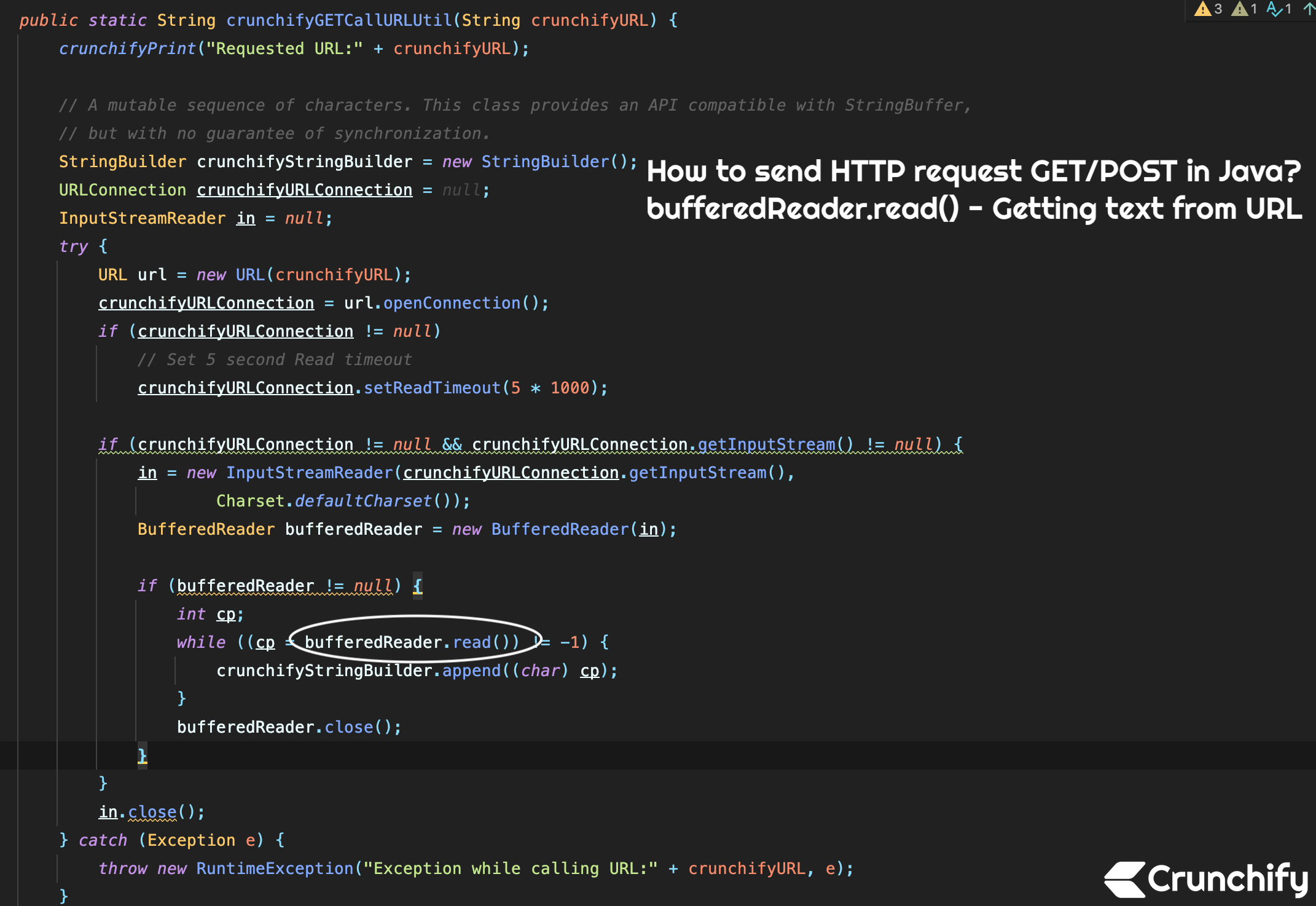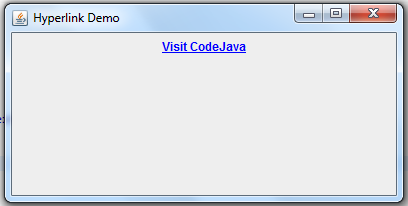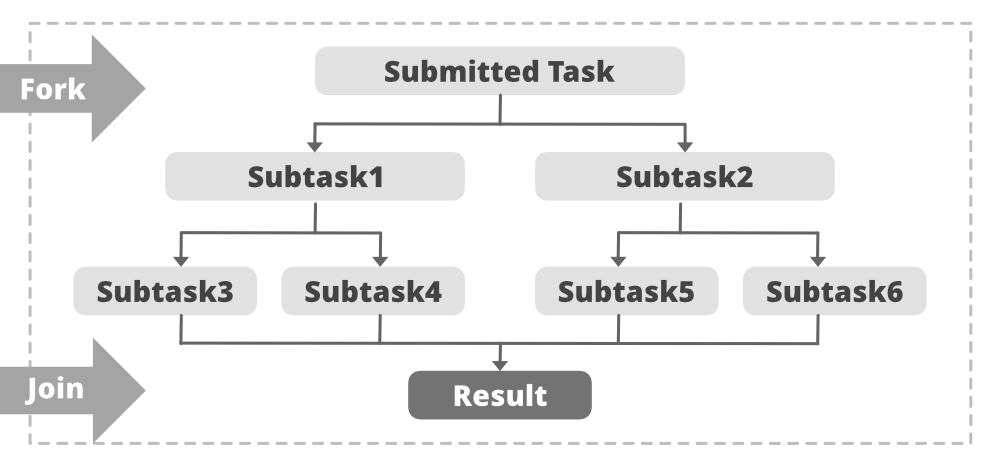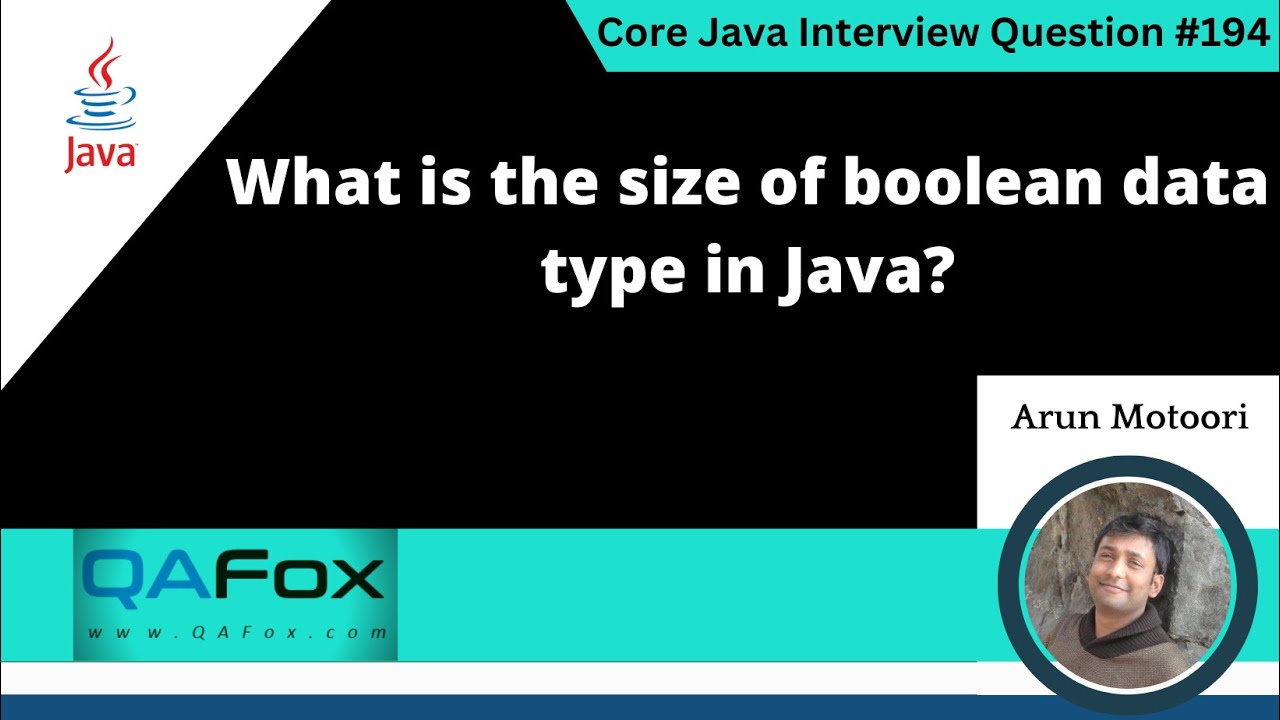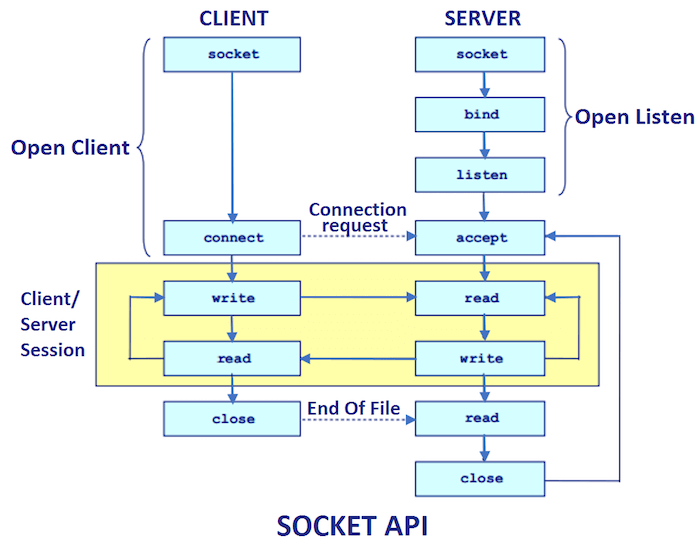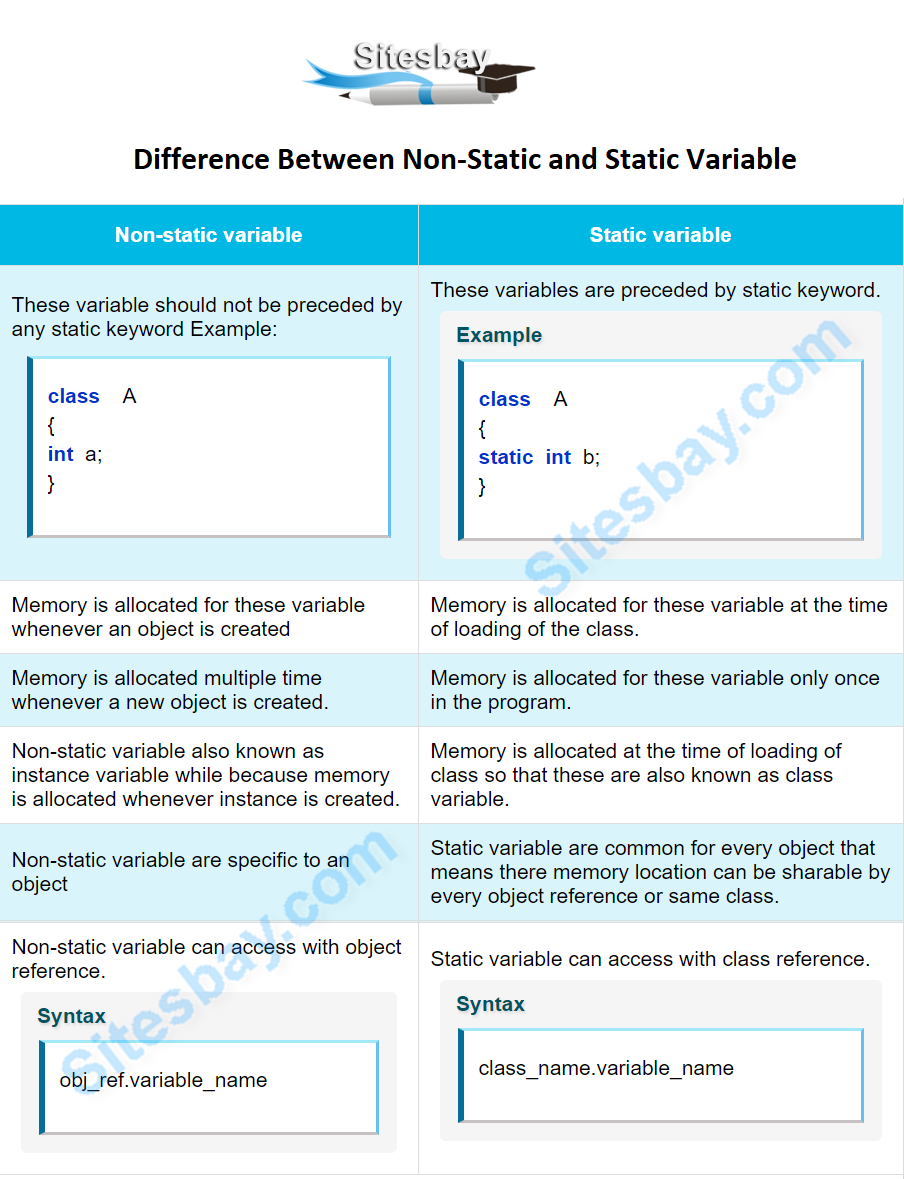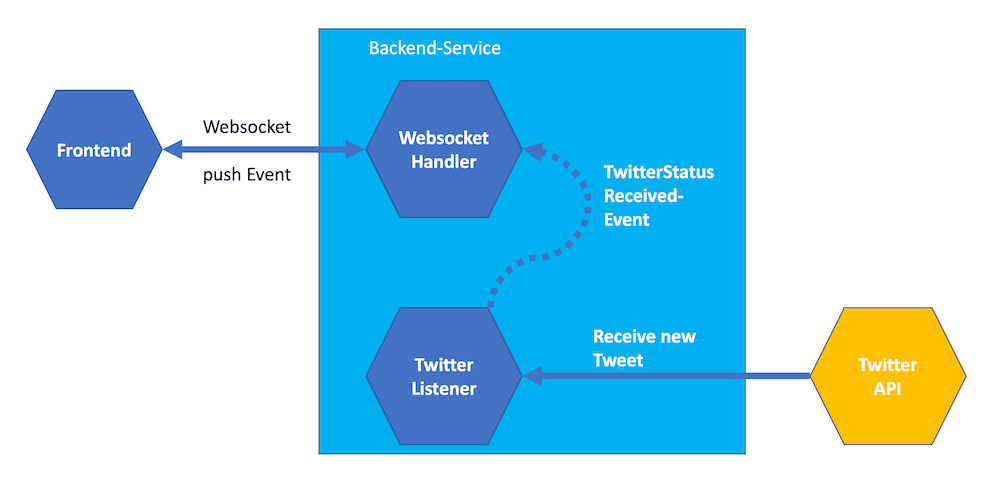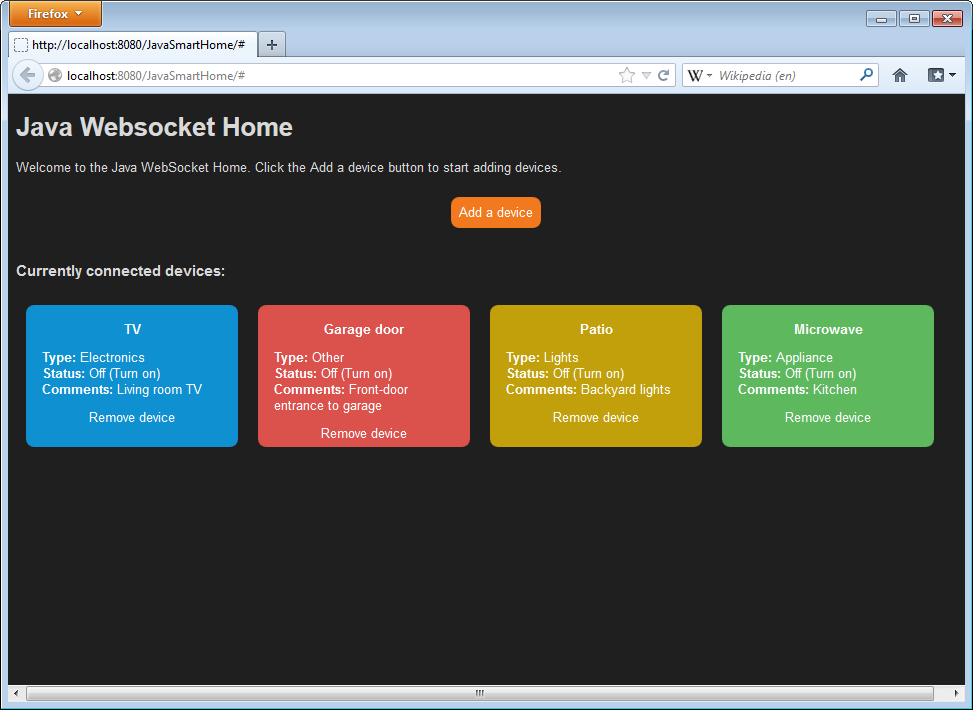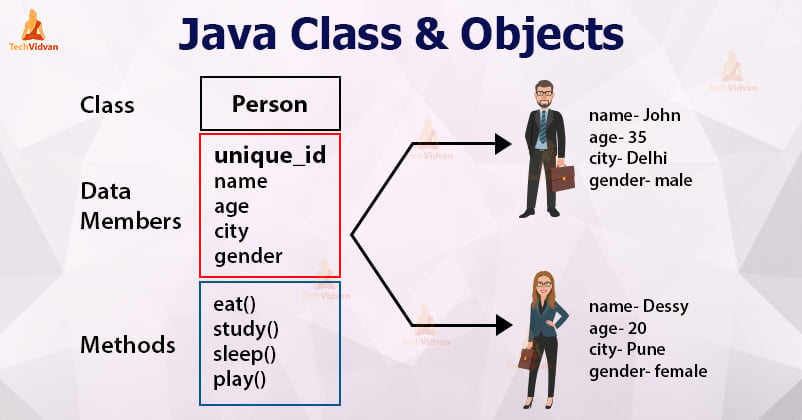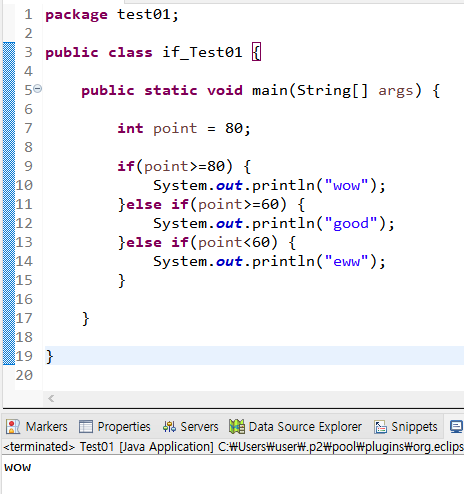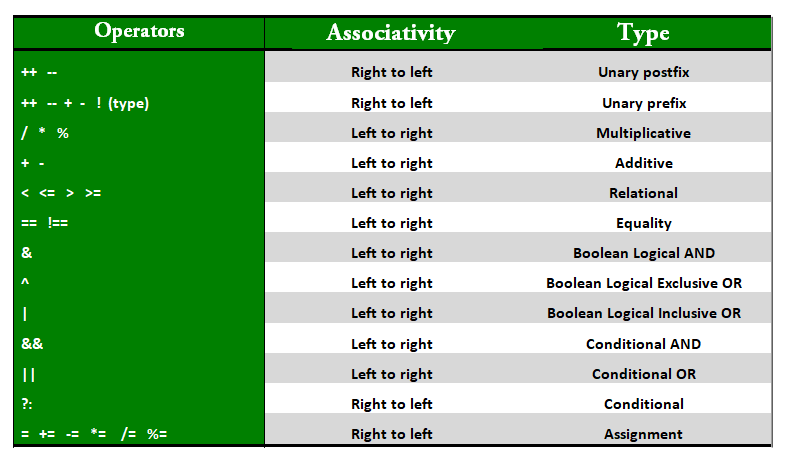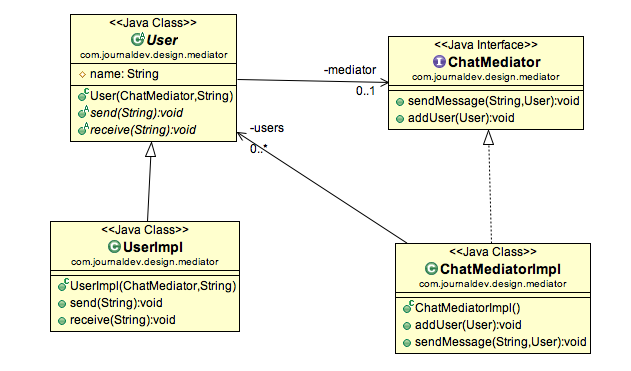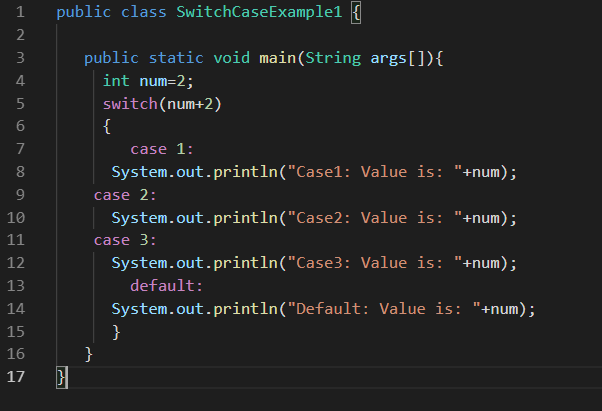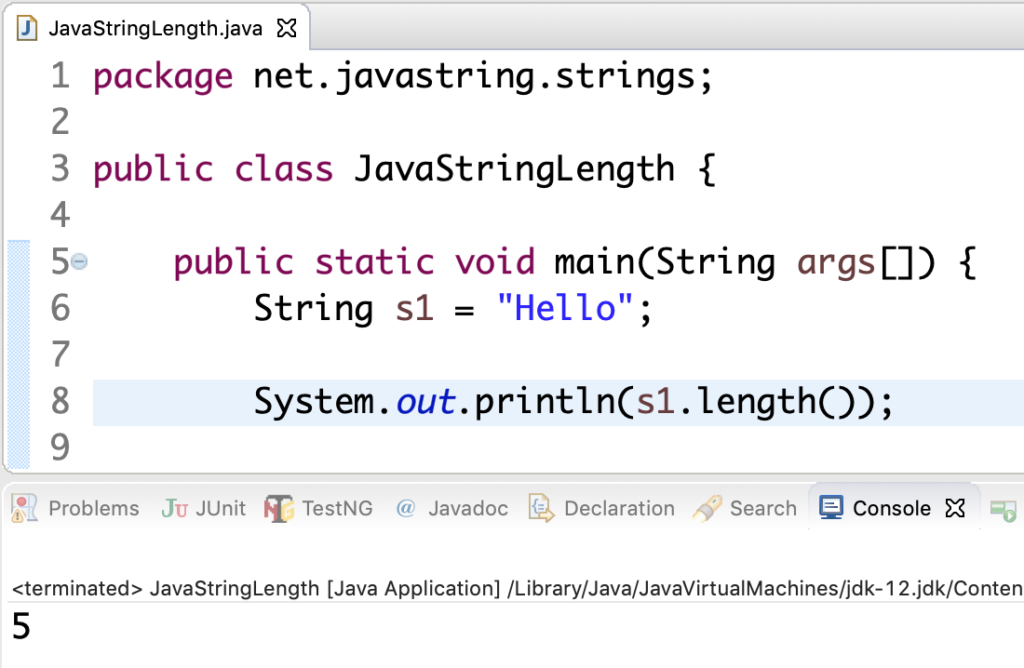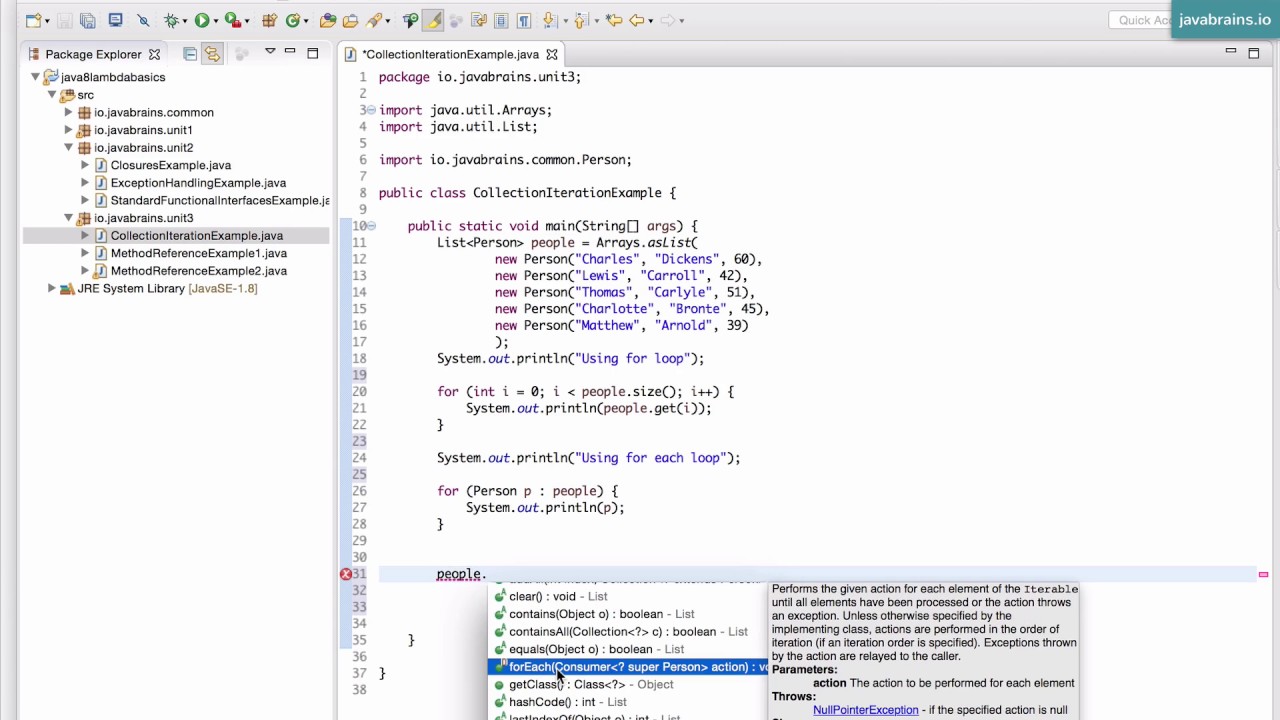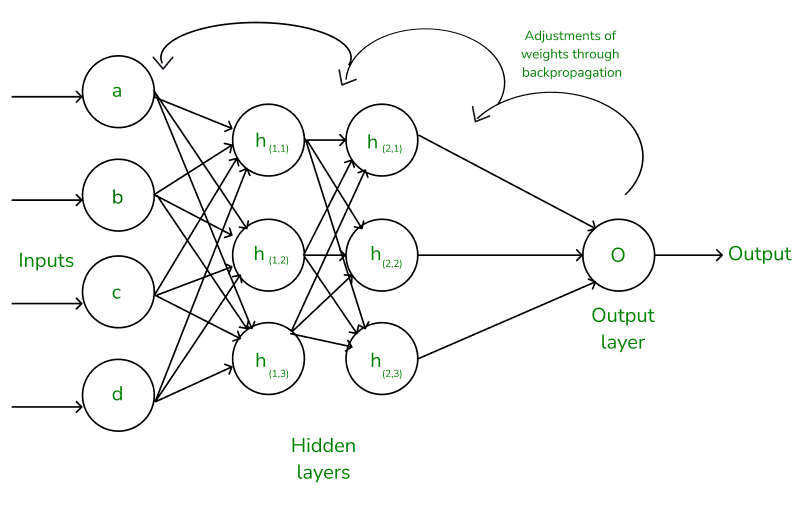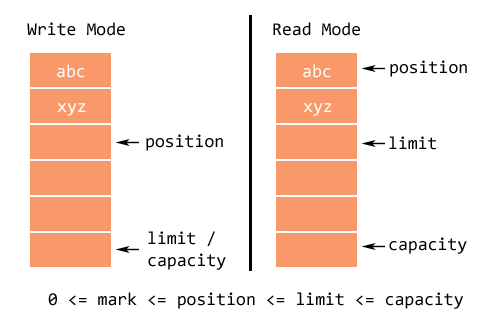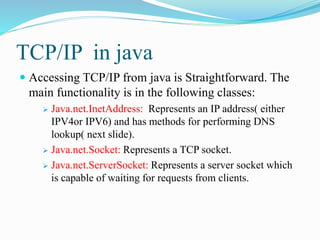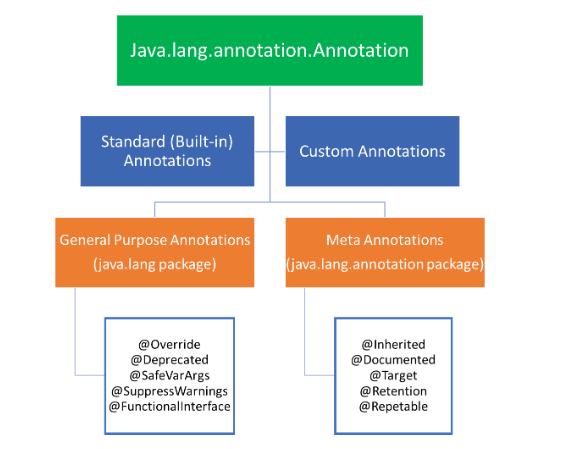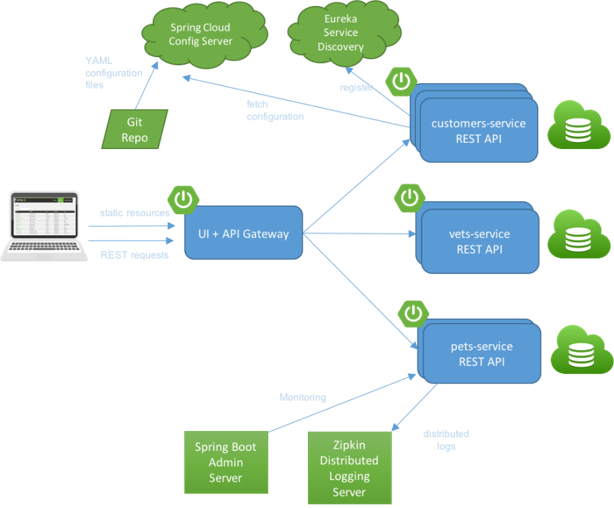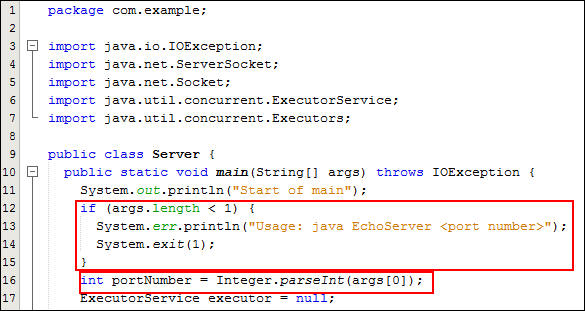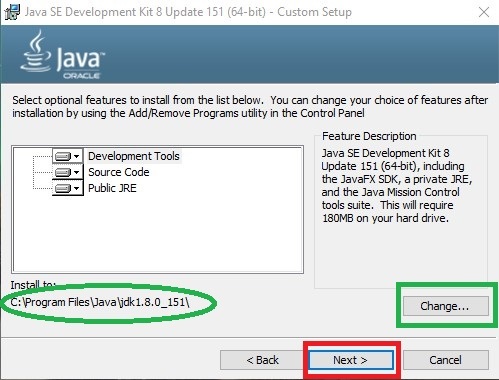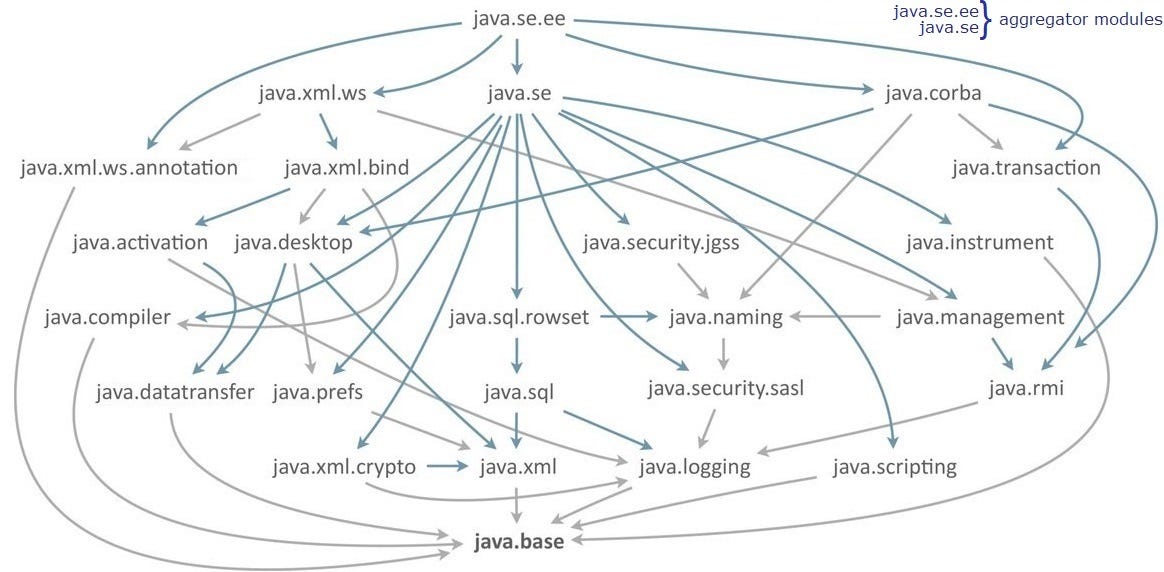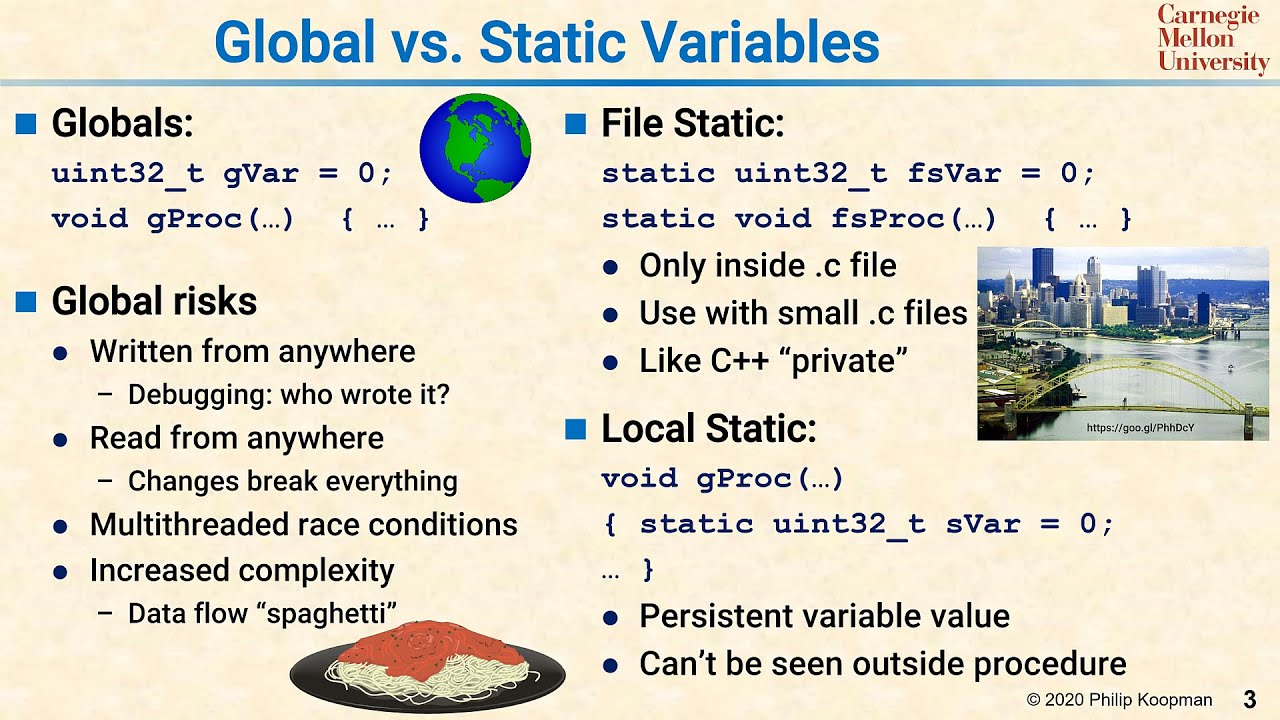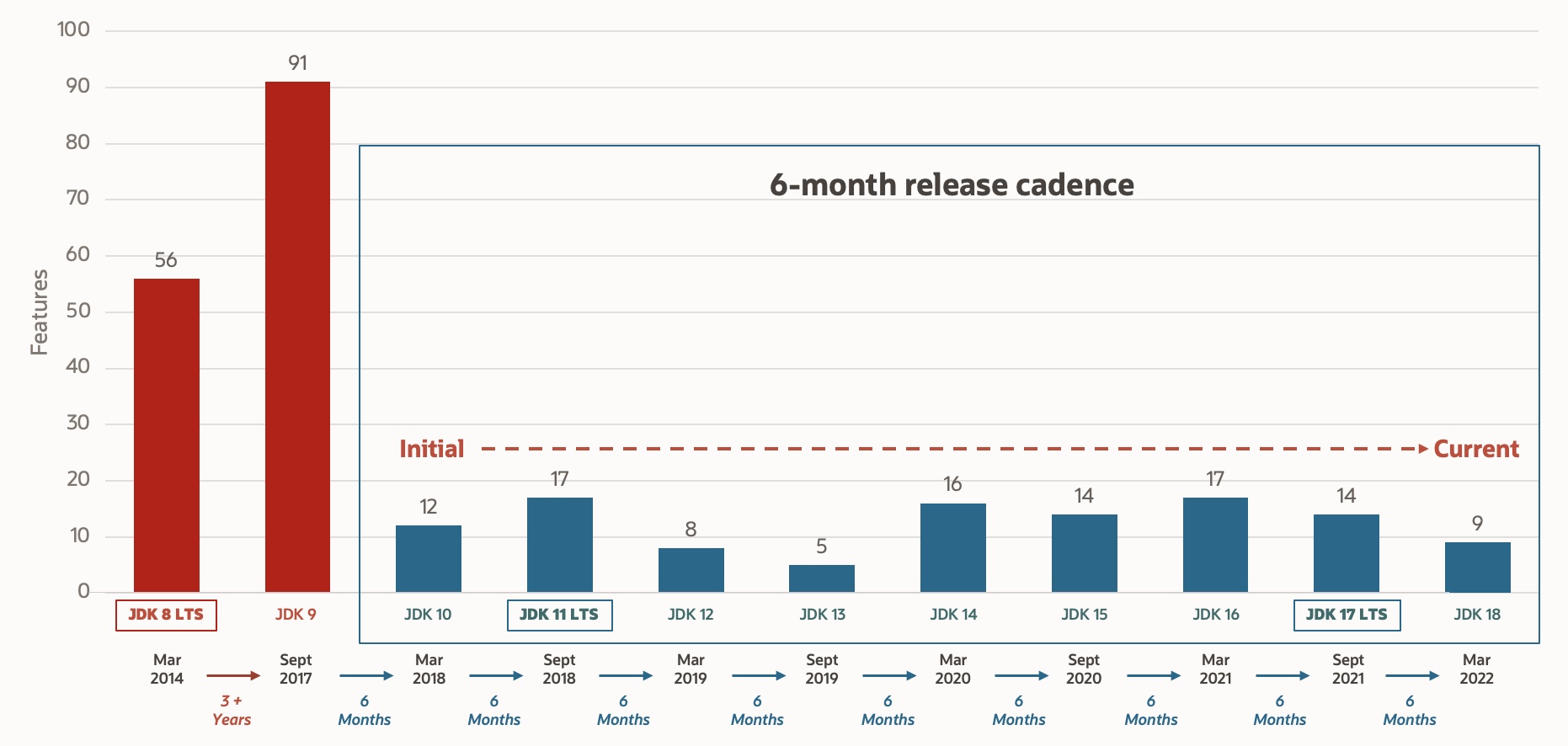What is the difference between a module and a library in Java?
What is the difference between a module and a library in Java?
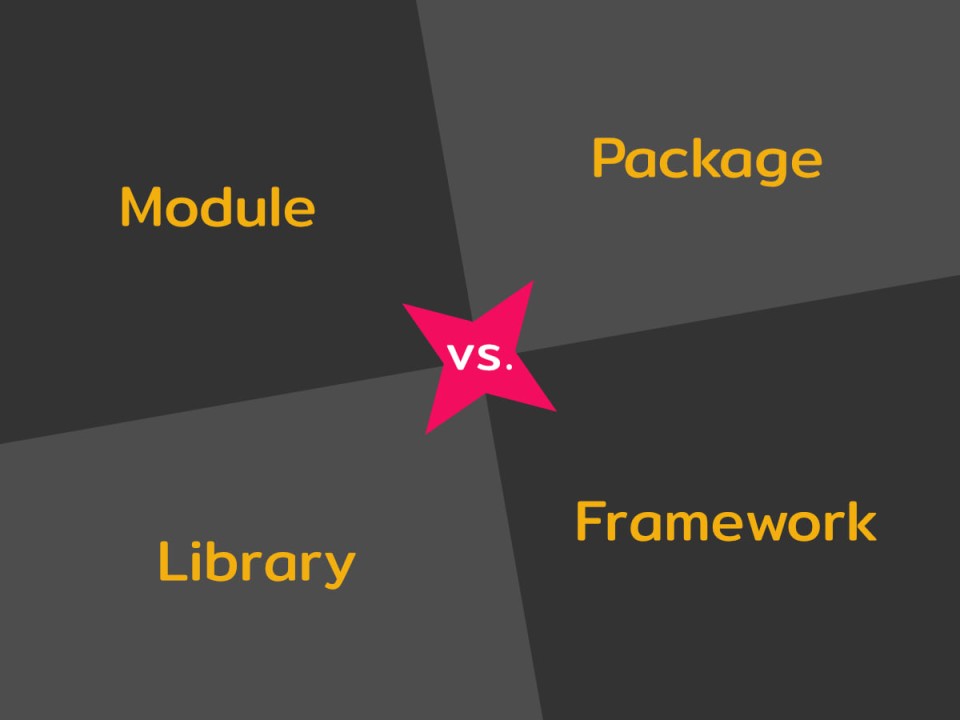
A fundamental question in the world of Java programming!
In Java, both modules and libraries are reusable pieces of code that can be included in a program to perform specific tasks or provide functionality. However, there are significant differences between the two.
Library:
A library is a collection of precompiled code that provides a set of functions, classes, or interfaces that can be used by other programs. Libraries are typically compiled into a single jar file (Java Archive) and are loaded dynamically at runtime using the ClassLoader mechanism. This means that a program can use multiple libraries without having to recompile its entire codebase.
Libraries in Java are often implemented as JAR files, which contain classes, interfaces, or other types of Java bytecode. A library's primary role is to provide a set of functionality that can be used by an application, such as data encryption, database connectivity, or image processing.
Module:
A module, on the other hand, is a self-contained piece of code that provides a specific set of functionality and is compiled into a single binary file. Modules are part of Java Platform Module System (JPMS), which was introduced in Java 9. Unlike libraries, modules are not JAR files; instead, they are compiled into a module-info.class file that contains the module's declaration, dependencies, and requirements.
Modules are designed to be more isolated than libraries, with their own namespace and package structure. When a program uses a module, it has access only to the public types (classes, interfaces, or methods) declared by the module. This means that modules can provide encapsulation and hide implementation details from other parts of the application.
Key differences:
In summary, the main differences between libraries and modules in Java are:
Compilation: Libraries are compiled into JAR files, while modules are compiled into a single binary file. Isolation: Modules have their own namespace and package structure, making them more isolated than libraries. Dependency management: Modules can declare dependencies on other modules or libraries, whereas libraries rely on theClassLoader mechanism to load their dependencies at runtime. Reusability: Both libraries and modules can be reused by multiple programs, but modules provide a higher degree of encapsulation due to their isolated namespace.
In conclusion, while both libraries and modules serve as reusable pieces of code in Java, modules offer a more self-contained approach with improved isolation and dependency management features.
Java module vs library reddit

The age-old debate: what's the difference between a Java module and a library?

On Reddit, the discussion around this topic has been ongoing for quite some time. The main question is whether there is a clear distinction between a Java module and a library.
To begin with, let's define what a library and a module are in the context of Java:
A library in Java is typically a JAR (Java Archive) file that contains reusable code, such as utility classes or frameworks. Libraries can be used across multiple projects and provide functionality that can be shared among different parts of an application. Examples of popular Java libraries include Apache Commons, Hibernate, and Log4j.
On the other hand, a Java module is a relatively new concept introduced with Java 9. A module is a self-contained unit of code that contains its own package hierarchy, similar to how a JAR file contains multiple classes. Modules are designed to make it easier to develop and maintain large-scale applications by providing a way to group related classes together.
Now, let's dive into the main topic: can we really distinguish between a Java module and a library?

Some people argue that there is no clear distinction between the two. They suggest that a library is simply a module with a different name, or vice versa. This line of thinking is based on the idea that both libraries and modules are essentially reusable pieces of code.
However, others argue that there is a significant difference between the two. They point out that a library is typically a single JAR file containing multiple classes, whereas a module is a self-contained unit of code with its own package hierarchy.
In my opinion, while there may be some overlap between the terms "library" and "module," they serve different purposes in Java development.
A library provides reusable functionality that can be used across multiple projects. It's designed to make it easier to share code among different parts of an application. A library is typically a single JAR file containing multiple classes, which makes it easy to distribute and manage.
On the other hand, a module is designed to group related classes together into a self-contained unit of code. This makes it easier to develop and maintain large-scale applications by providing a way to organize complex codebases.
In conclusion, while there may be some overlap between the terms "library" and "module," they serve different purposes in Java development. A library provides reusable functionality that can be used across multiple projects, whereas a module is designed to group related classes together into a self-contained unit of code.
What do you think? Do you agree with me or see it differently?
(Reference: https://www.reddit.com/r/learnprogramming/comments/n6m7n8/java_module_vs_library/)
